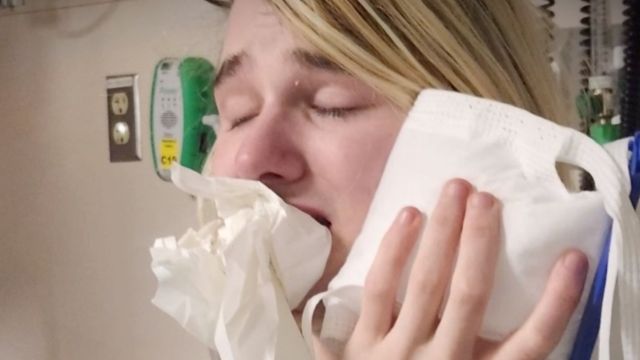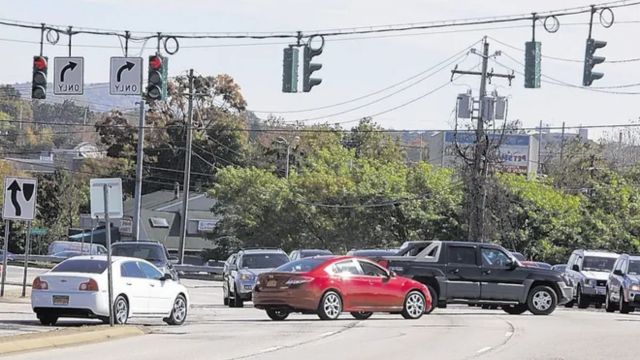In an era of heightened political division, the University of Pennsylvania’s (UPenn) Political Empathy Lab has been working to bridge gaps between different political viewpoints. A group of students from the lab recently embarked on a mission to listen to the concerns of voters in Pennsylvania, gathering valuable insights on how to heal the country’s political rifts.
What is the Political Empathy Lab?
The Political Empathy Lab, led by Professor Lia Howard, is a program that encourages students to practice critical listening, rather than just debating political ideas. The aim is to understand people’s viewpoints deeply, rather than just hearing what they have to say. Students from the lab recently visited several locations across Pennsylvania, including parks, libraries, and county fairs, to engage with residents and hear their thoughts on the 2024 election and other important issues.
The students did not focus on polling or canvassing like traditional political campaigns. Instead, their primary goal was to truly listen to the voters. By doing this, they hoped to understand the challenges and frustrations that people are facing in today’s political climate.
Why is Listening Important?
Professor Lia Howard believes that in today’s fast-paced world, listening to others is often undervalued. “Democratic listening is one of the most important and undervalued things that are happening right now,” she explained. “We are constantly bombarded by opinions, debates, and media, and we don’t spend enough time truly listening to each other.”
During their summer tour, the students recorded 45 hours of conversations with everyday Pennsylvanians. They captured these discussions as part of a podcast series, sharing what they learned from their listening tour. These podcasts helped the students understand the deeper concerns of the people they spoke with, ranging from the economy to social issues and government policies.
Empathy: The Key to Honest Conversations
The idea of empathy is central to the Political Empathy Lab. Empathy, as Professor Howard explains, is not just about feeling sympathy for others, but about understanding their point of view and acknowledging their experiences. The students’ work shows that when people feel heard, they are more likely to share their true thoughts and feelings.
“Empathy is something you have to practice. You have to do it to get better at it,” Howard said. “Especially in tough times, empathy is something that can bring people together and help us find common ground.”
The students covered over 2,500 miles during their listening tour, making sure to learn about each town and city they visited before meeting local voters. This approach allowed them to understand the unique concerns of people from different parts of Pennsylvania.
Impact and Future Plans
The findings from this project have been shared on UPenn’s campus and beyond, allowing both students and community members to reflect on what was learned during these in-depth conversations. The project has also inspired plans to take the Political Empathy Lab’s concept to other parts of the country.
Professor Howard emphasized that empathy is vital, especially when it comes to politics. “Our country needs more empathy, and we need to keep practicing it. In a democracy, it’s essential that we listen and connect with each other, especially during challenging times.”
In the future, Howard plans to publish the students’ findings and expand the project with another statewide tour planned for this spring. This will provide even more opportunities for students to practice empathy and gain insights into how to bridge the growing political divide in the United States.
Conclusion
As the country faces increasing political divisions, programs like the Political Empathy Lab show that understanding each other, rather than arguing, could be a powerful way to heal the divide. By listening and engaging with people from different backgrounds and viewpoints, the students at UPenn are making a positive impact on the political conversation. This project serves as a reminder that empathy and honest dialogue are crucial for building a stronger, more connected society.




